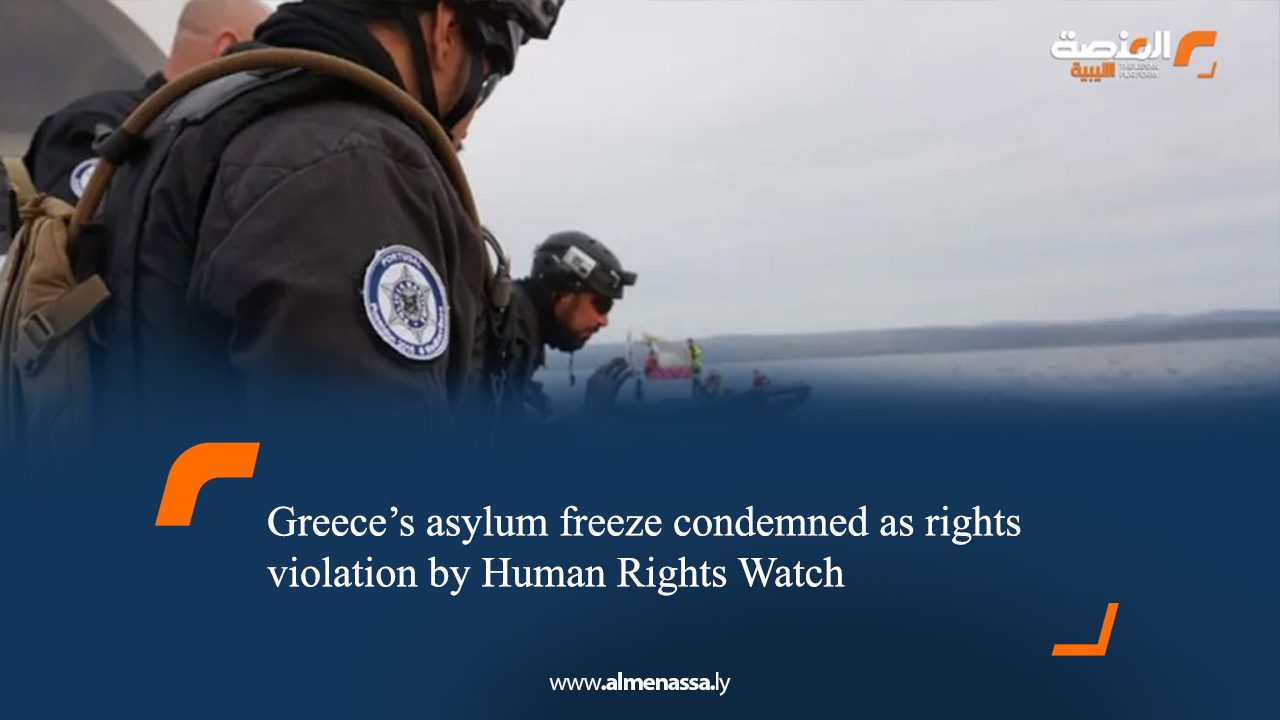Human Rights Watch has sharply criticized Greece’s decision to suspend asylum applications for three months, warning that the move violates refugee rights and breaches EU law, potentially endangering lives.
The measure, passed by the Greek parliament on 11 July, bars arrivals by sea from North Africa from seeking asylum and mandates their return to countries of origin “without registration.” Greek authorities cited a recent surge in boats arriving from Libya to the islands of Crete and Gavdos, including individuals fleeing conflict in Sudan who are in clear need of humanitarian protection.
The rights group warned that the suspension echoes Greece’s controversial 2020 asylum freeze, which led to widespread violence, chaos, and suffering among migrants.
The report also flagged concerns over Prime Minister Kyriakos Mitsotakis’s cooperation with Libyan authorities to prevent migrant departures, suggesting it could amount to complicity in forced returns—a practice banned under international law.
Human Rights Watch emphasized that the EU Charter of Fundamental Rights guarantees the right to asylum and strictly prohibits returning individuals to places where they risk torture or persecution.
The organization criticized the European Commission’s silence on the matter, calling it a form of “complicity” in undermining EU asylum law at its borders.
It also placed the European Border and Coast Guard Agency, Frontex, under scrutiny, noting its past support for Greece’s 2020 measures despite clear legal violations. The current situation, it said, will be a critical test of Frontex’s commitment to human rights and EU principles


